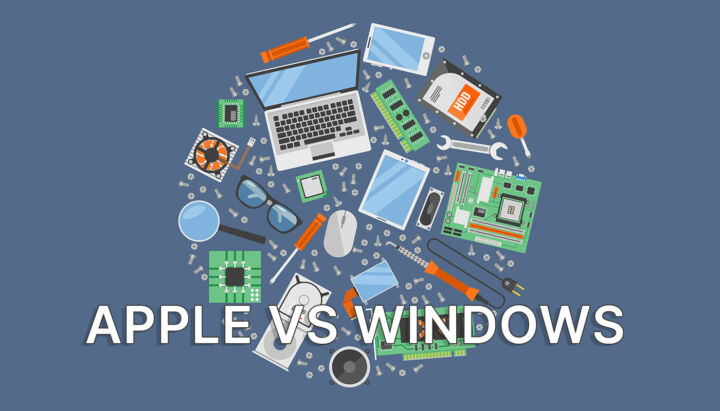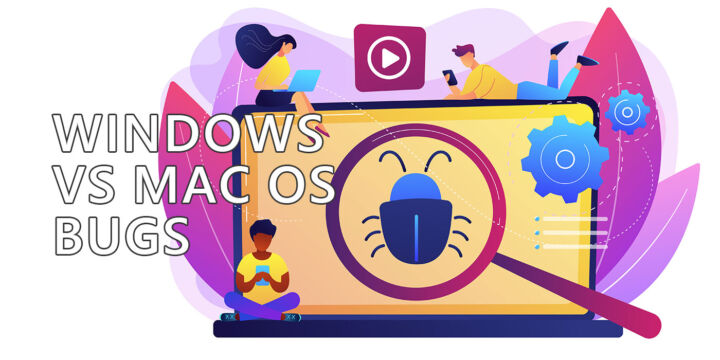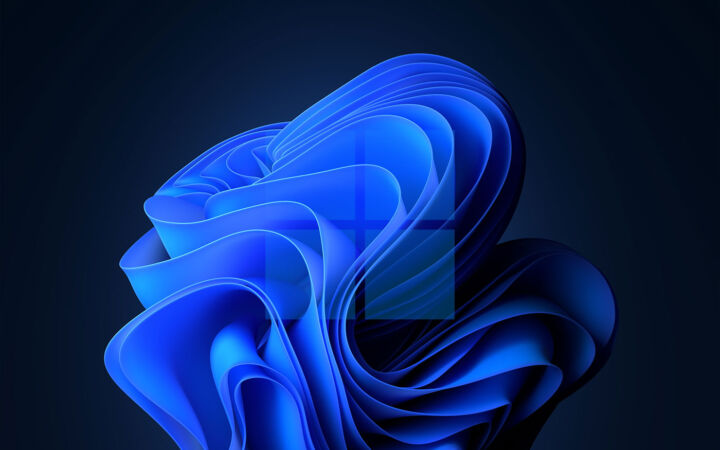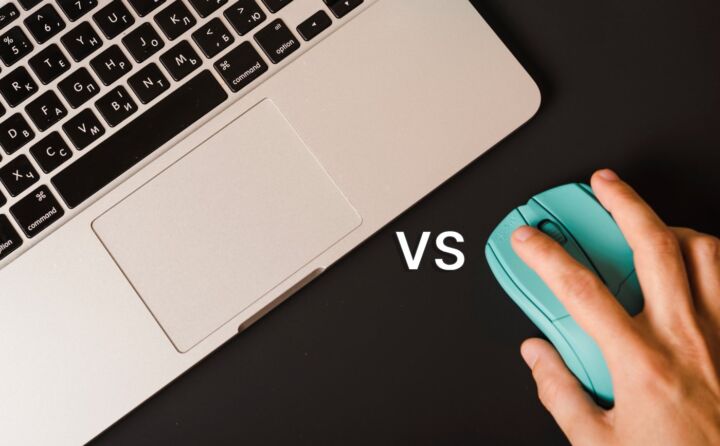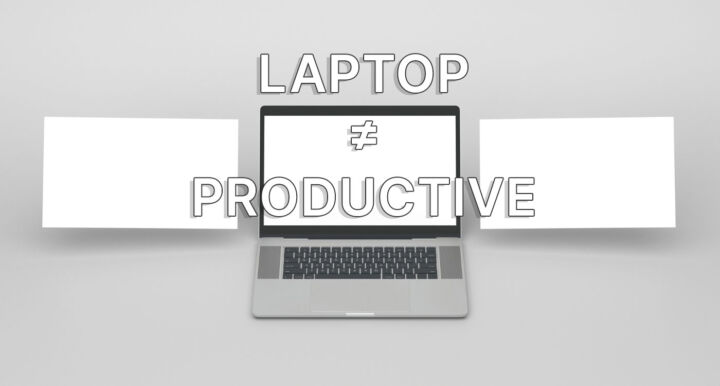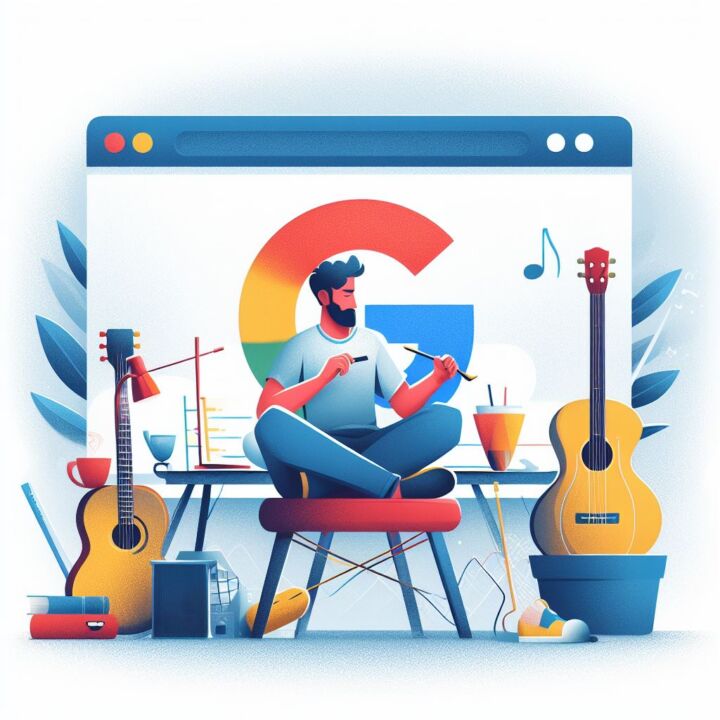Every news that’s at least related to tech talks about AI. After ChatGPT took everyone by surprise in 2022, Microsoft started pushing AI like there’s no tomorrow. Now there’s talk about Copilot, Microsoft’s AI, replacing the Start button in Windows 12.
Are you ready for AI?
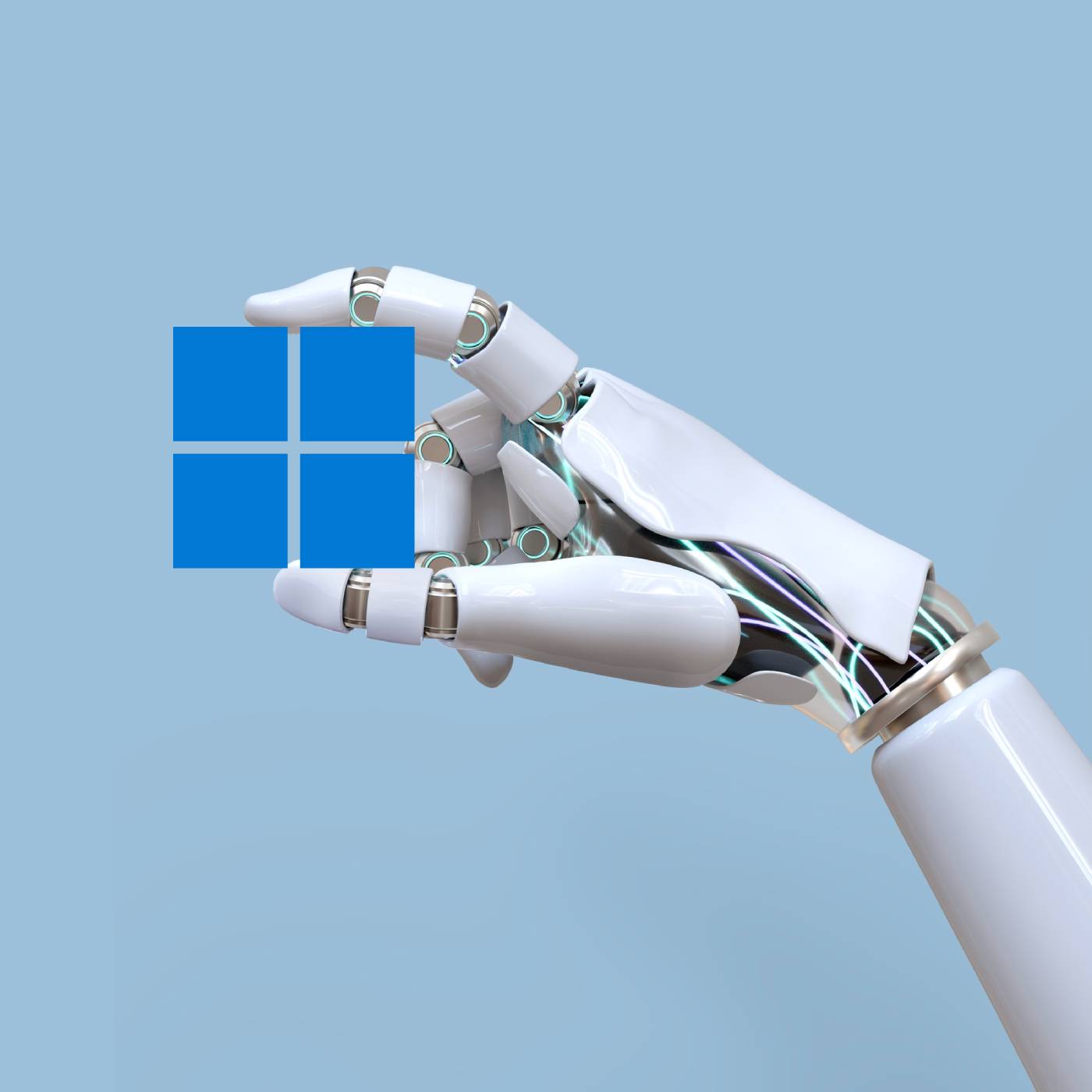
I’m not an early adopter. I’m not a late adopter either. I always wait for the second wave. This means I have tried ChatGPT and a few other AI tools out there. I did it out of curiosity and because I want to find things that help me be more productive.
Scratch that: I want things that help me do the same things in less time. I like my free time, and I want to use it for activities I like more than work. This is one of the reasons I started a newsletter with actionable computer tips after all.
But this post is not about that. It’s about the current state of AI.
I don’t want to talk about the implications of AI taking over our lives. I would only regurgitate ideas from someone else. My only fear is not ending up like the people in Wall-E, if you remember that cute little robot. I don’t fear Skynet either, not because it’s not possible, but because fearing something that may happen because you saw a movie is just a waste of time and energy.
Back to where AI is today.
My results with AI were mediocre most of the time, or downright idiotic on some occasions, but I also had memorable results, like the time I asked ChatGPT to convert a piece of jQuery code to JavaScript. Flawless conversion was what I got in just a few seconds. I was utterly amazed.
It showed me that AIs can sometimes be helpful as assistants if you don’t trust them to get things right all the time. You always need to check their results, evaluate, and correct. And I hate doing that because it wastes time and is not a remarkably interesting thing to do.
The thing is current AIs are far from intelligent. They’re just algorithms that parse gigantic amounts of data and make connections between things, without understanding what these things are. Not even the people working on them seem to know the full capabilities of what they have built. I’m not the one saying that, by the way.
Will AI get better? Probably yes, but also maybe not, since people have started pushing back. It’s hard to predict the future, you know. Maybe AI will be regulated to the point it will become useless. I surely would like to see some barriers on what data is fed to AI systems.
I do believe artists are (mostly) right: if AI is trained on their photos, pictures, music and whatever else they produce then isn’t the result derived from the training data? At the same time, creators do read, watch, hear other people’s work and are getting inspiration from other places too. Shouldn’t they credit humanity as a hole for their works?
It’s hard to decide what’s right and what not in this case. But we also need to protect people, in general. 8 billion useless humans doesn’t sound like a happy ending to me. It may be just The End. But I digress once more.
What I know for sure is that I’m not comfortable at this point giving AI access to my emails, documents, and pictures. I’m just talking about my personal stuff. The company I work for will have to decide sooner, rather than later if AI will be given access to everything we produce in the office. Since AI is coming to Microsoft 365 that decision will have to be taken soon.
What if most companies decide they don’t want to allow AI access to emails, documents, project files and everything it needs to be able to offer reliable answers?
Microsoft may not need to ask consumers, but convincing companies to put AI into gear is a completely different thing.
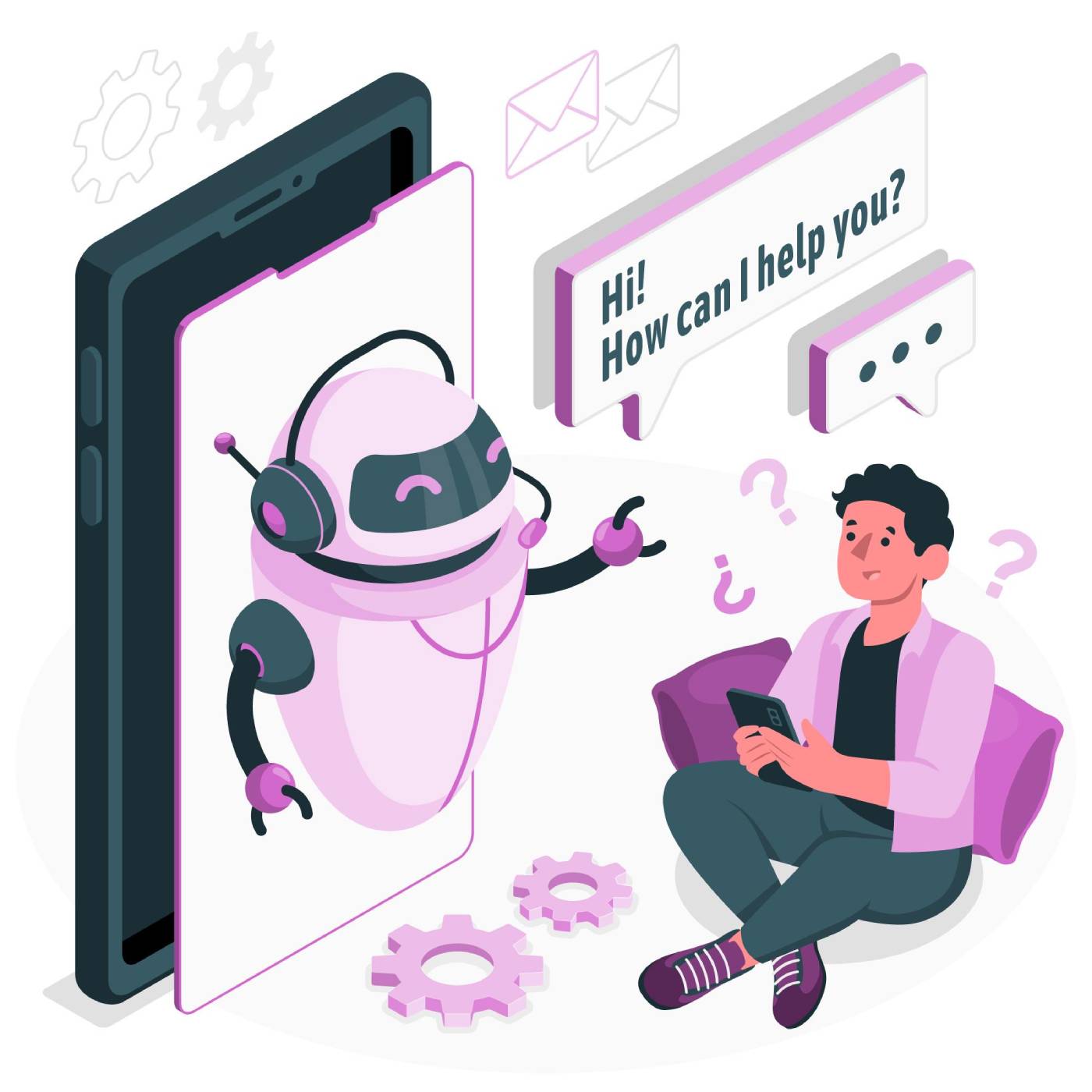
Maybe Microsoft knows something, as Satya Nadella recently said publicly that AI Copilot will be “like the Start button” in Windows. He didn’t specify what version of Windows, so many publications took it on themselves to proclaim that in Windows 12 the Start button will be replaced by AI Copilot.
This is what I believed after reading the titles, but upon close inspection it doesn’t seem to be the case. So, the Start button is here to stay, at least for the next generation of Windows.
As someone who still remembers the launch of Windows 95, the version which introduced us to the Start button, and subsequently the Start menu, I surely don’t want to see it disappear.
There was only one version ever since that didn’t have a Start menu, and that was Windows 8. And we all know how successful that ended up being.
Hopefully Microsoft learned its lesson. I sure want to believe that. I love my Start button and how I can quicky search for things on my computer. I don’t want that to be replaced by a slow AI that may also feed me the wrong results, one one that fails to guess my intentions.
Given Microsoft’s history of shipping unpopular even number Windows editions I can’t say I don’t delve into the idea of switching to another OS for the long term. No, not Mac OS. It’s not for me.
Maybe I’ll give Linux another chance. I don’t have high hopes I can make it work for me. Linux may be good for the server environment, but it makes for a terrible desktop experience.
But that’s not even the biggest problem, as I found out a few years ago when I gave it a spin for a few months. Software and driver support is a big problem. And that won’t be solved if Linux usage numbers for desktop don’t go up. I don’t even want to hope that will happen.
What am I left with? I don’t want to be the guy who hangs on to Windows 10, long before it stops being actively supported.
It may work for a few years, but new hardware will require drivers, and those will not always work with old Windows versions. I’ll stop here because this is turning into a hopeless rant.
I think we’re approaching a crossroad with Windows, and we may not like our options.
I’m curious about your thoughts, so don’t hesitate to leave a comment.
